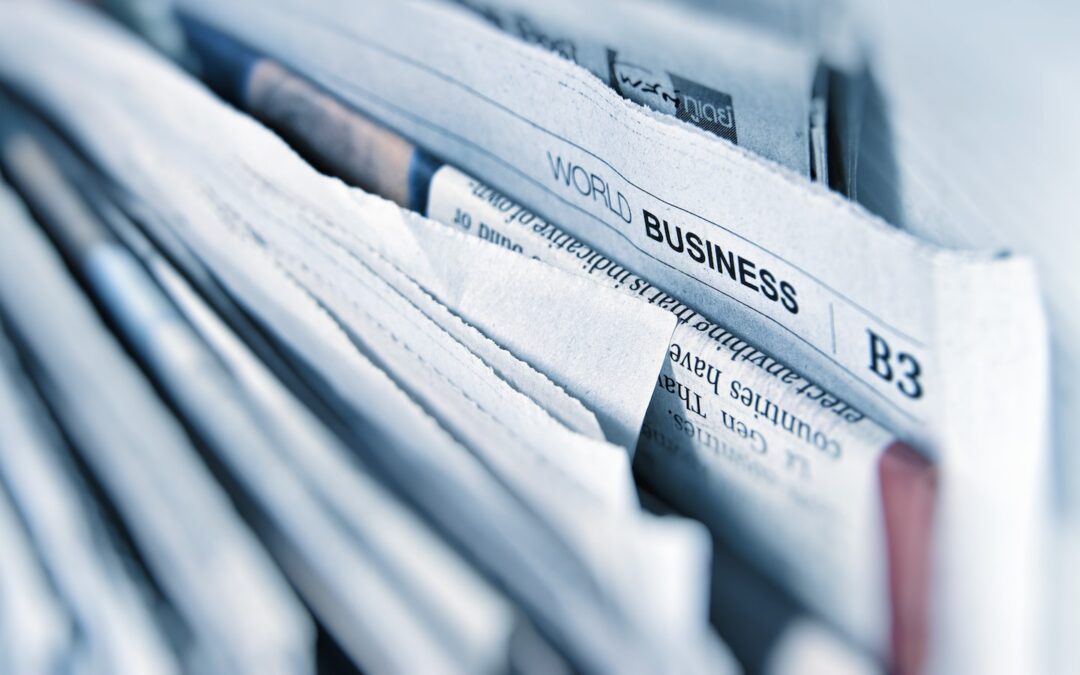Journalists Had ‘No Idea’ About OpenAI’s Deal to Use Their Stories
OpenAI, the renowned artificial intelligence research organization, recently made headlines after a controversial deal that left many journalists taken aback. In a move that surprised many, OpenAI announced a partnership with a major media outlet to gain access to journalists’ stories for training their language models.
Although the collaboration between AI organizations and media platforms is not new, what sets this deal apart is the lack of prior knowledge and consent from the journalists whose work will be utilized. According to OpenAI’s spokesperson, the journalists involved had “no idea” about the agreement made between OpenAI and their media outlet.
This revelation has sparked a heated debate within the journalism community. Many argue that the use of their work without permission or proper compensation undermines the core principles of journalism, such as the protection of intellectual property and ethical reporting practices.
OpenAI, on the other hand, defends its decision, stating that the collaboration is essential for training their language models to provide more accurate, unbiased, and comprehensive information. They emphasize that the training process does not involve directly attributing or reproducing entire articles, but rather the models learn from general patterns and structures present in the data.
However, this explanation does little to appease concerns regarding the ethical implications of utilizing journalists’ work without their explicit consent. While OpenAI claims they are making efforts to preserve the privacy and anonymity of individual journalists and media outlets, the damage to the trust and relationship between AI organizations and the journalism community has already been done.
Many journalists argue that a more transparent and collaborative approach to utilizing their work should be adopted. OpenAI must prioritize seeking consent, providing proper attribution, and compensating journalists for their intellectual property. Without these measures, AI organizations risk further eroding the already fragile trust between the two sectors.
This incident also highlights the need for a broader discussion surrounding the rights and protection of content creators in the age of rapidly advancing AI technology. As AI and machine learning become increasingly prevalent, it is imperative to establish clearer guidelines and ethical frameworks for the use of copyrighted material and intellectual property.
In conclusion, the recent revelation of OpenAI’s undisclosed deal to use journalists’ stories without their knowledge has ignited a fervent debate within the journalism community. This incident raises important questions about consent, intellectual property, and the evolving relationship between AI organizations and media platforms. It serves as a reminder that ethical considerations should always be at the forefront of technological advancements to ensure fairness and preserve the integrity of journalism.


Recent Comments